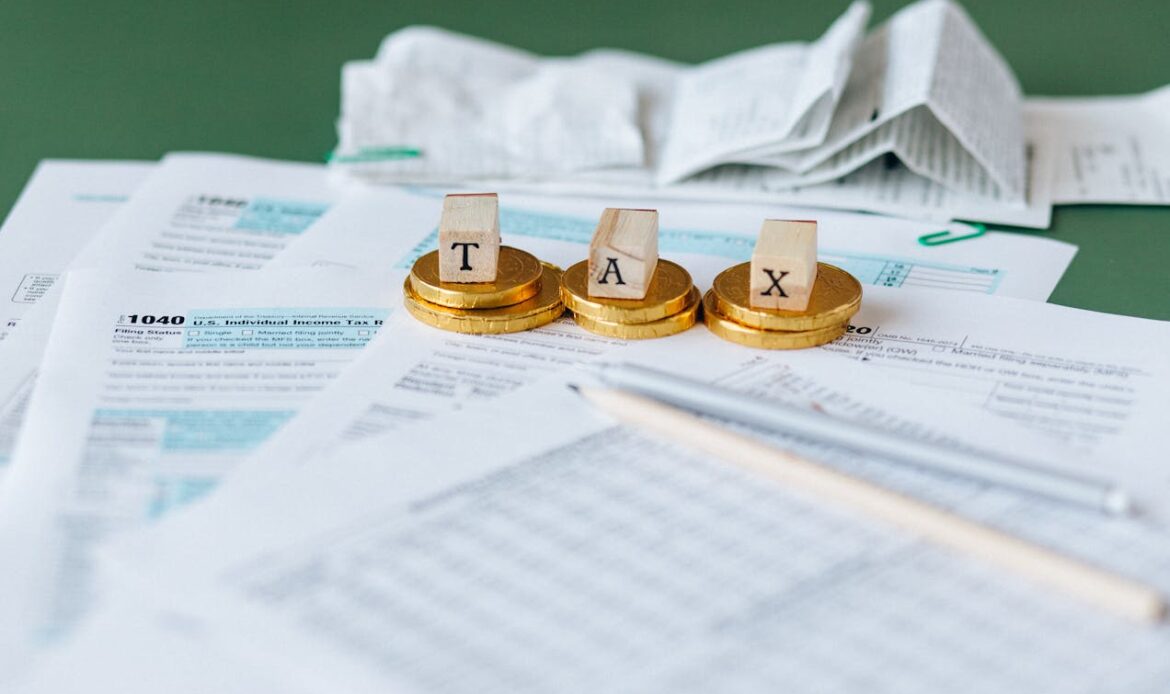If your total tax liability exceeds ₹10,000 in a financial year, you are legally required to pay advance tax.
Instead of waiting for year-end, the Income Tax Department expects you to estimate and pay tax in installments during the year.
This blog explains how to calculate and pay advance tax in India, who it applies to, payment due dates, and penalties for non-compliance for FY 2024-25.
Legal Reference
- Section 208 to 219, Income Tax Act, 1961
- Rule 119, Income Tax Rules, 1962
- Applicable to FY 2024-25 (AY 2025-26)
Who Has to Pay Advance Tax?
You must pay advance tax if:
- Your total income tax liability exceeds ₹10,000 in a financial year (after TDS and reliefs)
- You are a salaried employee, freelancer, consultant, business owner, or professional
Advance tax applies to:
- Salaried individuals with additional income (interest, capital gains, rent, crypto)
- Freelancers and consultants without TDS
- Businesses not opting for presumptive taxation
- Presumptive taxpayers under Section 44AD/44ADA – required to pay 100% advance tax in one installment by 15th March
Who is Exempt?
- Senior citizens (60+) without business or professional income
- Taxpayers whose total tax liability is below ₹10,000
How to Calculate Advance Tax (Steps)
Step 1: Estimate total income for FY 2024-25
Step 2: Deduct eligible exemptions and deductions (80C, 80D, 80G, etc.)
Step 3: Compute taxable income
Step 4: Apply tax slab rates for individuals or corporate tax rate for businesses
Step 5: Subtract TDS (as per Form 26AS/AIS) and tax credits
Step 6: If net tax > ₹10,000, calculate advance tax as per due date schedule
Advance Tax Payment Schedule (FY 2024-25)
| Due Date | Amount Payable |
|---|---|
| 15th June 2024 | 15% of total advance tax liability |
| 15th September 2024 | 45% of total (cumulative) |
| 15th December 2024 | 75% of total (cumulative) |
| 15th March 2025 | 100% of total advance tax |
Note: Presumptive scheme taxpayers (44AD/44ADA) must pay 100% by 15th March in one go.
How to Pay Advance Tax Online
Step 1: Visit https://www.incometax.gov.in
Step 2: Log in using PAN and password
Step 3: Navigate to e-Pay Tax → “New Payment”
Step 4: Select “Advance Tax (100)” as the tax applicable
Step 5: Enter amount and choose financial year (FY 2024-25)
Step 6: Pay via net banking, debit card, or UPI
Step 7: Download the Challan 280 (receipt) and keep for records
Penalties for Non-Payment or Short Payment
- Interest under Section 234B: 1% per month for non-payment of advance tax
- Interest under Section 234C: For deferment or shortfall in installment payments
- Late payments increase overall tax liability and may result in scrutiny
Example Calculation
- Estimated income: ₹18 lakh (including salary + consulting)
- Deductions under 80C/80D: ₹2 lakh
- Net taxable income: ₹16 lakh
- Tax liability (after TDS): ₹1.9 lakh
- Advance tax payable:
- 15th June: ₹28,500
- 15th Sept: ₹85,500 cumulative
- 15th Dec: ₹1.42 lakh cumulative
- 15th March: ₹1.9 lakh total
Conclusion
Advance tax helps avoid last-minute burden and interest penalties. Salaried individuals with other income, freelancers, and businesses should proactively estimate their taxes and pay quarterly as per schedule.
Call to Action
Not sure how much advance tax you owe or when to pay?
Book a consultation with Anshul Goyal, Chartered Accountant, and get accurate tax estimates, reminders, and payment support for FY 2024-25.
Visit: https://calendly.com/anshulcpa
Disclaimer
This blog is for educational purposes only. Advance tax applicability varies by income type, residential status, and tax slab. Computation errors can attract penalties.
Frequently Asked Questions
1. What is the minimum tax liability to trigger advance tax?
₹10,000 or more in a financial year (after TDS)
2. Can salaried employees ignore advance tax?
No, if they have income from other sources not covered by TDS
3. What if I miss an installment?
Interest under Section 234C will apply for shortfall or delay
4. Do NRIs have to pay advance tax?
Yes, if earning taxable income in India exceeding threshold
5. Is Challan 280 proof enough for ITR filing?
Yes, but always verify payment in Form 26AS/AIS before filing


